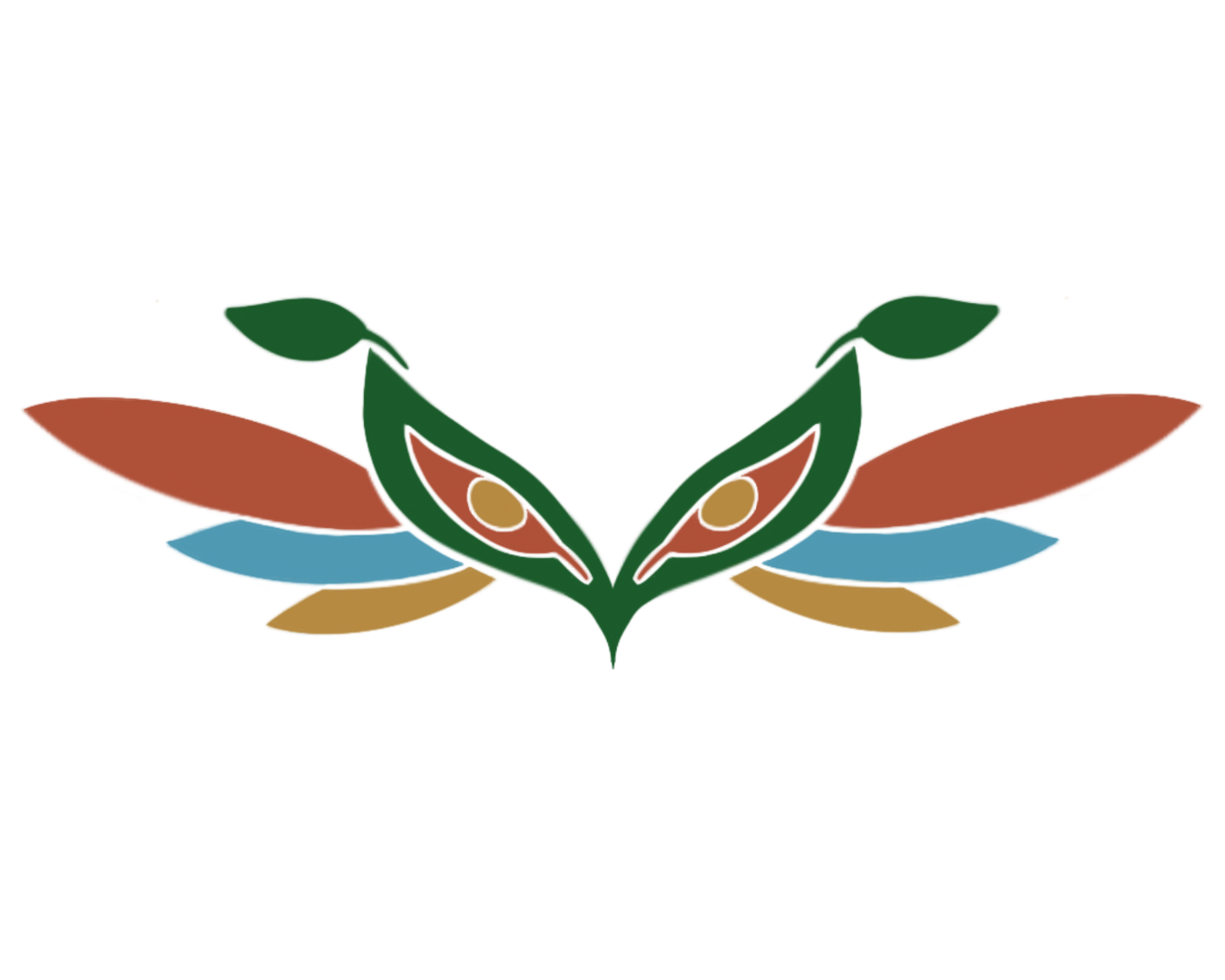Issues of Indigenous Women
Violence against American Indigenous Women is a legacy of colonialism that is a continuing crisis deserving of adequate attention and action. This violence is systemic, institutionalized, and structural. It continues to be normalized under the U.S. Justice system which is discriminatory against Native Americans, particularly Indigenous women and girls. More than four out of five American Indian and Native Alaskan women have experienced violence as stated by the Indian Law Research Center. One in every three Indigenous women are raped. Moreover, there are thousands of missing and murdered Indigenous women and girls in the U.S. Native women face murder rates ten times greater than the national average. In most instances, those missing are not found and their cases are not investigated.
Prior to colonization of North America, Indigenous women were valued and treated as equal to men in their community. They were essential in the tribal leadership and decision making. This changed when the colonial settlers violently imposed culture of patriarchy. As a result, women became the target of incomprehensible sexual violence and ceased to be treated with basic human dignity. The colonially-imposed identities of native women stick with them today. These colonial identities continue to cause them to be violated and still devoid them of their very basic human rights inside and outside of Indian Reservations. There are still existing federal laws, policies and a political system that renders them unprotected by the Tribal Laws that should safeguard their rights. There is also non-action by the federal and state agencies. Legislative reforms have not been enough despite the intervention of international NGOs Amnesty International and intergovernmental organizations like the UN.
Additionally, violence against Indian women is synonymous with resource extraction. Resource extraction is an essential component of capitalism. Capitalism is a major driver of colonialism and neocolonialism, the more common form of national oppression employed by powerful capitalist nations, like the U.S. today. “There is a common thread of abuse, murder, and having loved ones go missing in Indian Country” according to Chelsea Hendrickson of Cowlitz Tribal Health and United Indians of All Tribes Foundation Labateyah Youth Home, whose aunt was murdered in Seattle in 1990.
The Missing and Murdered Indigenous Women movement (MMIW) is a grassroots movement that has been organizing to take action on these issues and look for solutions when the state and government won’t adequately address the problems and violence in their communities. Together they fight back against the perpetuation of colonial, gender-based violence across the United States and Canada.
References
Blau, K. “Chelsea Hendrickson on the Spiritual and Personal Work Around Missing and Murdered Indigenous Women.” South Seattle Emerald .
Indian Law Resource Center. Ending Violence Against Native Women. https://indianlaw.org/issue/ending-violence-against-native-women
Whyatt, R. The Colonial Roots of Violence Against Native American Women. Columbia Mailman School of Public Health. https://www.publichealth.columbia.edu/news/colonial-roots-violence-against-native-american-women
